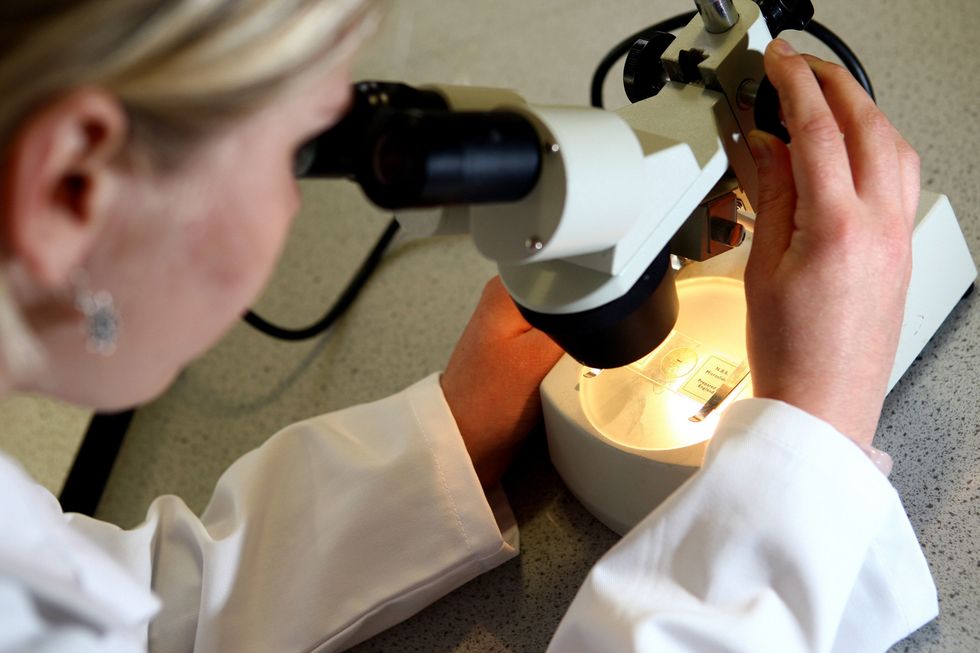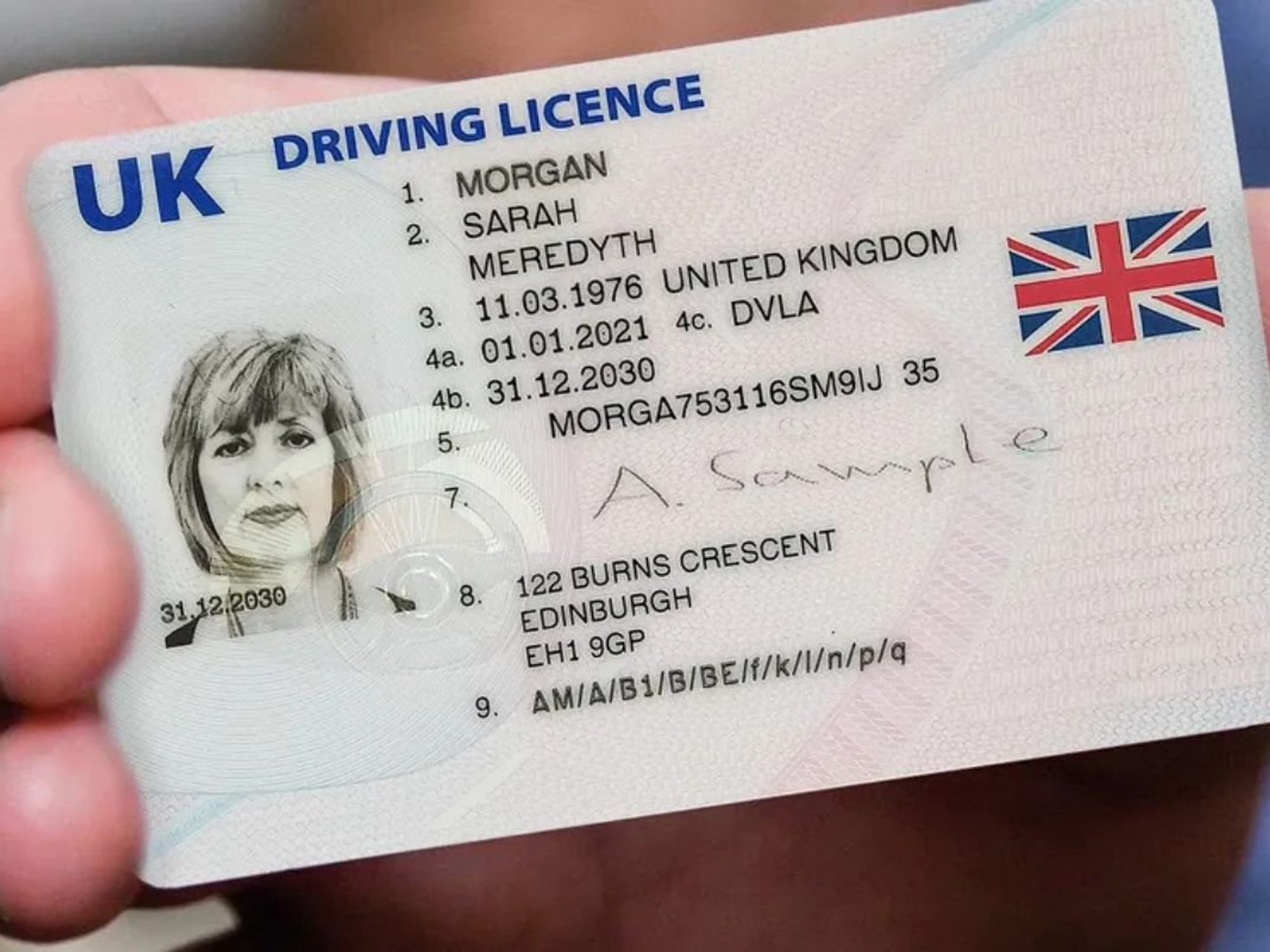How to spot prostate cancer as the illness can show no symptoms for years

Prostate cancer can show no symptoms for many years
|GETTY

Prostate cancer is a disease that mostly affects men over 50
Don't Miss
Most Read
World Cancer Day fell at the weekend and people have been encouraged to check for signs of cancers.
Prostate cancer is a form of the illness that often develops slowly, possibly showing no signs for many years.
However, there are some symptoms men should look out for to help them spot the illness.
Symptoms will usually not appear until the cancer has grown large enough to put pressure on the tube that carries urine from the bladder, NHS states.
That is why it is important to get checked regularly for prostate cancer and seek medical advice as soon as symptoms appear.

Treatments are available for prostate cancer
|PA
The most common signs show themselves when Britons urinate or need to urinate.
These include needing to pee more often - particularly during the night - needing to rush to the bathroom, difficulty in starting to pee and taking a long time while peeing.
Having a weak flow, feeling the bladder has not fully emptied or spotting blood in urine or semen are also signs to look out for, the NHS explains.
If the cancer spreads, men could notice bone and back pain, a loss of appetite, unintentional weight loss and pain in the testicles.
These symptoms do not always mean prostate cancer, but anyone who is concerned should get checked.
It is not known what causes prostate cancer but the condition is more common in men over the age of 50.
Those who have had a father or brother with the illness also have a slightly increased risk of developing it themselves.
Obesity can also increase the risk of the illness, the NHS continues.
LATEST DEVELOPMENTS
- Dementia symptoms could be reversed as liver disease is misdiagnosed as the degenerative illness
- Measles outbreak: Adults warned of catching 'dangerous' and contagious illness as risks are more severe in older people
- Britons warned as millions risk deadly diseases and early death by not eating enough fibre

Prostate cancer can have painful symptoms
|GETTY
There are different tests available including blood tests, a physical prostate examination or an MRI scan.
The illness can be cured depending on what stage it is at when it is identified and there are various treatments on offer.
One treatment includes surgically removing the prostate and radiotherapy.
There are also ways to prolong life and ease symptoms in cases when it cannot be cured.










